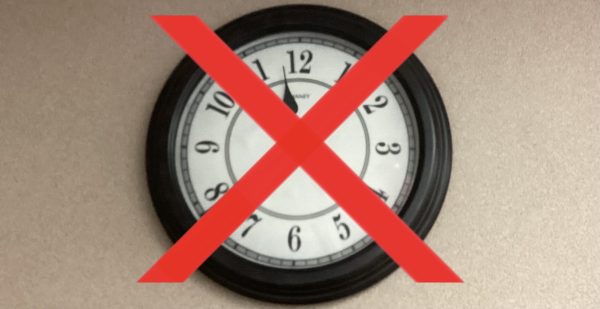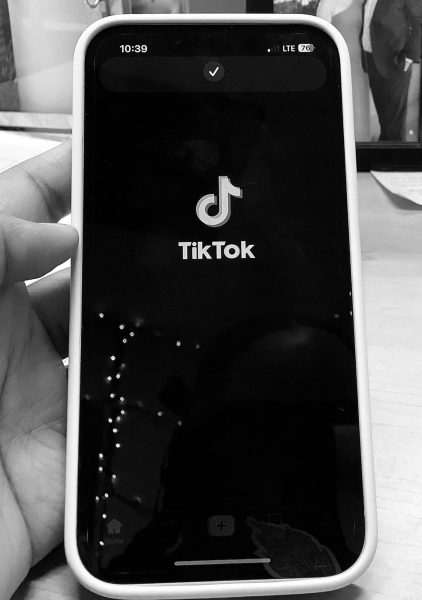Fast Fashion Is Out-Of-Fashion
February 4, 2022
There’s fast food, and then there’s fast fashion.
Fast food is notorious for being detrimental to health, but fast fashion is lauded as cheap and accessible while ultimately being just as damaging to the environment as fast food is to the body.
What is fast fashion? Fast fashion is the mass production of clothes made with synthetic materials that are typically unrecyclable. Shein is a prime example of a company embracing these principles. They sell clothes made and sold for cheap, catering to the ever-shifting fashion senses of young adults. Molly Miao, Shein’s Chief Marketing Officer, stated that the company releases, “700–1,000 new styles daily.” This massive scale of production is an unsustainable practice. The surplus of clothing items combined with styles “going out of fashion” leads to literal tons of material waste coming from the fashion industry–and especially from companies similar to Shein. Sophomore student Enya Diaz doesn’t shop from these places. “Most of my clothes are thrifted,” she said. “Some of them I bought in a store,” she concedes. “But, most of them are thrifted or hand-me-downs.”
According to the Council for Textile Recycling, the average American throws away about 70 pounds of clothing each year, which adds up to billions of pounds of discarded clothes in America alone, that either wind up in the landfill or incinerated. The United Nations Environment Assembly stated that the global fashion industry is responsible for almost 10% of greenhouse gas emissions and about 20% of wastewater.
Even without the exact numbers, most people agree that this trend toward fast fashion is not good for the environment. The question is, how can it be avoided? In a world of expenses, the low cost of mass produced clothes is rather appealing to consumers. Brands and companies that boast organic materials, ethical sources, and low carbon footprints can often cost exorbitant amounts for even just a plain shirt. It’s unrealistic for most clothes shoppers to buy exclusively from these more environmentally friendly companies. So, then, what are some reasonable alternatives?
Thrifting, clothes swaps, hand-me-downs, online secondhand websites or apps like Depop, and upcycling already owned or secondhand clothes are all good alternatives to buying from fast fashion companies. In Elkhart, a few places to try for secondhand clothing are any of the Goodwill locations or the Faith Mission thrift store. Consignment shops like Stash Boutique or B BOUTIQUE are a great place to find clothes other people are selling. Clothing swaps are a fun and often free way to refresh a wardrobe and get rid of any clothes that might go unworn. Upcycling is a creative way to avoid discarding clothes. Even something as simple as adding doodles or patches to a well-loved pair of jeans or turning an old shirt into a tote bag can give a new life to worn out clothes.
Whether thrifting, upcycling, or swapping, these alternatives to fast fashion are a great and reasonable start to becoming more environmentally conscious!



















